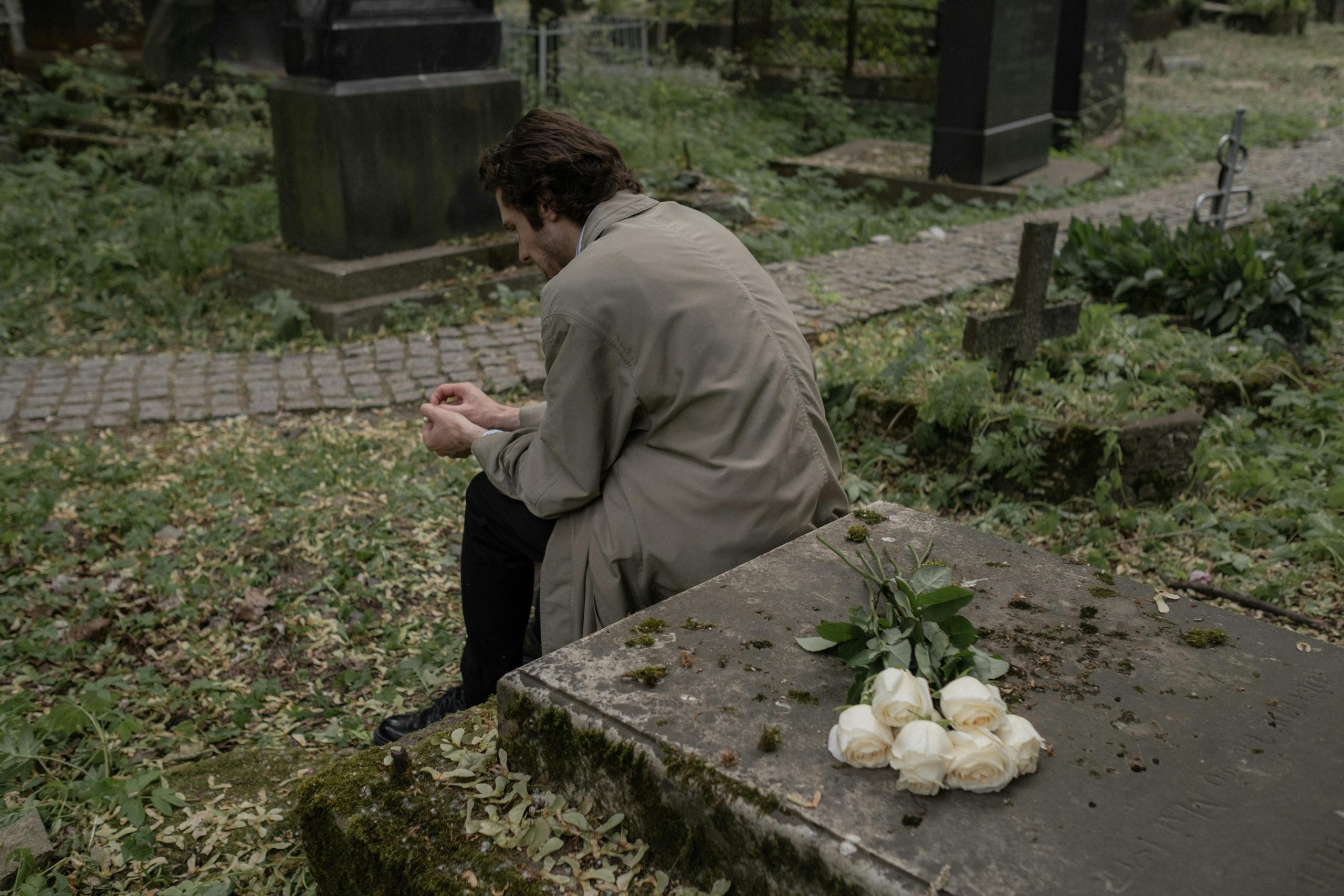Grief dreams are a typical part of any grieving process, but they can feel uncomfortable, sad, and even scary. They may happen just after the loss. However, they sometimes occur several months or years after the death of a loved one.
The specific type or frequency of grief dreams varies from person to person. Some only have one grief dream, whereas others might have such dreams often.
In all cases, there is no “normal” way of dreaming. Having these dreams may also not necessarily correlate with what’s happening in your waking life. No matter where you are in your grief journey, acknowledging your dreams and making meaning from them may be an important part of honoring loss.
What Do Grief Dreams Represent?
Dream research consistently shows that human dreaming is largely a mystery. In other words, even scientists don’t really understand why we dream or what the overarching function of dreaming is in daily life. Yet, death and bereavement dreams are common, and it may feel helpful to honor what these experiences mean to you.
Reassurance dreams: During a reassurance dream, your loved one might do or say something that feels comforting to you. For example, they might cheer you on about an upcoming task or give you a nurturing hug. These tend to be positive dreams that evoke a sense of joy- however, they can also cultivate more anger, sadness, and longing related to the loss.
Trauma dreams: Unfortunately, some dreams of the deceased are more negative or difficult to reconcile. They may speak to old wounds or grief associated with your relationship. They might also coincide with feeling stuck in grief right now. Making space for the complexity of these emotions may be an important part of your grieving process.
Visitation dreams: Visitation dreams include interacting with your deceased loved one. They tend to feel vivid and emotional, and the other person may give you explicit instructions or a warning about something. You might use this information as data for something happening in your current life.
Symbolic dreams about loss: Some grief dreams don’t include the deceased person directly. Instead, the dreams are more symbolic. For example, you might dream that you’re searching for an item and unable to locate it. Or, you could dream about losing your job or home.
Replaying past experiences: Some grief dreams include reliving a certain moment in time when your loved one was alive. For example, you may go back to your wedding day and “remarry” your deceased husband. Or, you may venture back to childhood and spend time with your dead mother combing your hair. These dreams may symbolize parts of your relationship that matter to you. They may also encompass certain needs affecting you in your present life.
What Can You Take From Grief Dreams?
You can take anything you want from grief dreams. Some people find that it’s helpful to assign meaning or resonance to their dreams. This can be so grounding. You may also want to share your dream with others.
At the same time, you also don’t need to take anything at all. Sometimes, when emotions feel high, it may be important to permit yourself to not analyze something within your grief process. You also have the right to keep your dream content private.
Pleasant dreams about your loved one may offer a sense of connection and meaning. They remind you of the love you experienced in your relationship, and they can speak to you holding onto those positive virtues.
Sometimes negative or uncomfortable dreams about loss can help you focus on what you need in your waking life. For example, dreaming about getting into a fight with your deceased husband might remind you of the importance of feeling your anger. Allowing yourself to experience this emotion- without judging yourself- may be an important part of your healing.
Can You Make Yourself Dream About Your Loved One?
It’s common to want to see your loved one’s face or hear their voice in your dreams. Some people find it helpful to imagine their loved one just before they fall asleep- this may cue them to have related dream content. Others find that keeping a dream journal may help them note patterns within their dreams.
However, it’s important to remember that we don’t always register what happens when we sleep. You may be dreaming about your loved one without recalling it consciously.
Grief Therapy in Austin, TX
Most grief dreams represent moving through the essential emotions associated with any grieving process. It’s normal to think about your loved one during both conscious and unconscious times. It’s also normal if you don’t dream about your loved one.
If you are struggling, grief therapy can offer support, guidance, and a sense of safety. Having this compassionate space can help honor your feelings and memories fully.
Regardless of your specific circumstances, I would be honored to walk this journey with you. Please contact me today to schedule your initial consultation.

